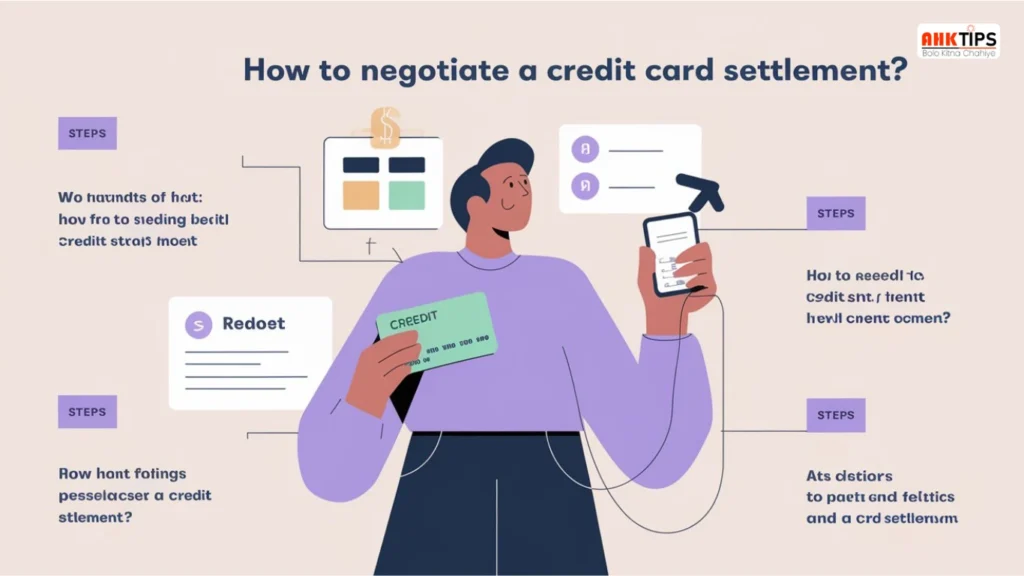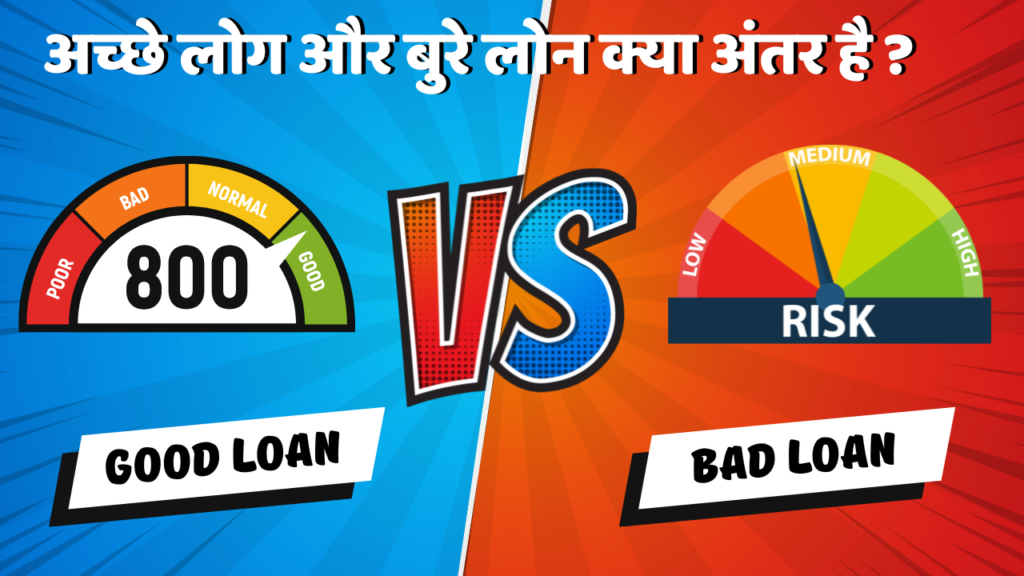This option is available when you are finding it difficult to pay off credit card debt; negotiating a settlement with your credit card company is an option to reduce the debt amount, lift the burden from monthly financial pressures, and create a step for recovery. However, how would you negotiate such a credit card settlement and which factors would come into play?
What is Credit Card Debt Settlement?
Credit card debt settlement refers to the negotiation with your credit card issuer for a reduced lump-sum payment as less than the total amount due. This is beneficial for both the parties concerned because the issuer at least receives some portion of the money owed, and you get to be relieved of the overwhelming debt burden. For this to happen, several steps and preparation are needed, along with knowledge of how it will affect your finances and score.
Why Would Credit Card Companies Agree to a Settlement?
It is always better for credit card companies to collect some amount of debt rather than zero. If your account is delinquent and you have missed several payments, the issuer is more likely to negotiate because they know there is a risk that you won’t repay the full amount. This way, they can settle the debt and avoid writing it off as a loss.
Steps to Negotiate a Credit Card Settlement
In return, here is a step-to-step guide showing how to perform a credit card settlement negotiation;
Review of Your Financial Profile
Before engaging your credit card company, re-evaluate the finances. Consider your monthly salary, expenses and all other credits you have given out. Familiarity with your financial status will help answer what you truly can offer that will settle this account.
Learn About Your Debt
Check your credit card statements to determine the total amount owed, interest rates, and any penalties applied. If the account has been sent to collections, find out if you are dealing with the original creditor or a third-party collection agency. This will enable you to structure your negotiation plan.
Present a Realistic Offer
Most credit card companies will accept a settlement in the range of 20% to 50% of the balance. Start with a low settlement offer, such as 20-25%, but be prepared to increase this amount depending on negotiations. Keep in mind that the company may also counter your first offer, so having some room to negotiate will help.
Contact Your Credit Card Company
Call the customer service department and ask to speak with someone in the debt settlement or collections department. Politely explain your financial hardship and express your interest in settling the debt. If you’re dealing with a collection agency, you’ll follow the same process.
Be Honest About Your Situation
Explain why you cannot pay the full amount and state any particular hardships such as loss of job, medical expense, etc, which have created your financial hardship. Showing real hardship may better your chances of a good settlement.
Lump Sum or Installment Settlement
You will most likely have two choices when you negotiate:
Lump-Sum Payment: Tender to pay the one big lump sum less than the total sum. Creditors generally prefer that because they immediately get their money.
Instalment Settlement: If a person cannot make the lump-sum payment then, ask if the person would take it that the account could settle if you had to make regular but smaller instalments over time agreed
Get the Terms of Settlement Written
Write down the agreed settlement terms before making any payments. The document should indicate that your payment will be in full satisfaction of the debt and that the creditor cannot further take action against you on the debt. This will save you from future claims on the debt.
Make the Payment
Once the settlement agreement is agreed on, pay it according to the terms. Record the transaction to have proof that the payment was made.
Follow up on your credit report
After settling the debt, check your credit report to see if the account status is updated to “settled” or “paid as agreed.” This may take a few weeks, but it is necessary to ensure that your credit record reflects the updated status.
Tips for Successful Credit Card Settlement Negotiations
- Be polite and patient: Collecting debts can be very stressful. Remaining composed and polite will make it easier for the creditor to engage in negotiation with you.
- Third-party help: If you do not want to negotiate personally, then you may use the services of a credit counsellor or a debt settlement firm. Make sure you know that those companies usually charge for their services. Weigh the pros and cons of their services before engaging in the services.
- Stay Persistent: If your first offer is rejected, do not lose hope. Sometimes it takes several calls or additional explanations of your hardship to reach an agreement.
- Know Tax Implications: The IRS may consider the forgiven debt as taxable income. Wise advice would be to seek consulting a tax professional about whether this will apply to your settlement.
- Pay in One Lump: Sometimes, creditors will be more agreeable to settlement if you can pay in one lump sum rather than over time.
- Document All Communication: Record all your calls to the creditor with date, time, and representative names. You should also keep copies of any correspondence.
Pros and Cons of Settling Credit Card Debt
Pros:
- Debt will be liquidated immediately: Thus, you’ll decrease the actual amount you owe as you recover your financial status.
- Collection Processes Stop: A settled debt is one that frees you from successive collection calls and legal actions.
- Opportunity to re-establish: Once it has been paid for, you’ll gradually be able to enhance your credit rating in managing other accounts appropriately.
Cons
- Credit Score Depreciation: A settled account is reported to your credit and can lower down your credit rating.
- Potential Taxable Income: The forgiven portion of the debt may be considered taxable income, thus resulting in a surprise tax bill.
- Negative Effect on Future Lending: Settlement of a debt can negatively affect future credit, since creditors may consider this as a sign of instability in your financial position.
Common Mistakes to Avoid in Debt Settlement Negotiation
- Offering Too Much: Start with a conservative offer. Offering too high initially can limit your room for negotiation.
- Not Getting the Agreement in Writing: Verbal agreements are not legally binding. Always insist on a written agreement.
- Missing Payment Deadlines: If you fail to make a payment according to the settlement agreement, the creditor can cancel the settlement.
- Fail to review your credit report; confirm that the account is correctly listed as “settled” on your credit report; file a dispute on any errors located with the credit bureau.
Conclusion
The benefits of negotiating a credit card settlement include relief from the overwhelming weight of debt. You can improve the chances of arriving at a settlement agreement by approaching the process systematically, making reasonable offers, and maintaining detailed documentation. Although settling a credit card may temporarily hurt your credit score, a thoughtful settlement will return control of your finances to you as you work towards future stability.
Frequently Asked Questions (FAQ’s)
Ans: Yes, settling debt usually impacts your credit score negatively as it’s marked as “settled” rather than “paid in full.”
Ans: A settled account can stay on your credit report for up to seven years, potentially affecting future lending decisions.
Ans: It’s challenging, as creditors are generally more willing to negotiate if the account is delinquent and they believe they might not recover the full amount.
Ans: If the creditor declines your offer, try negotiating a payment plan instead, or wait a few months and attempt negotiation again.
Ans: Debt settlement companies can negotiate on your behalf but charge fees. If you feel confident, you can attempt negotiations independently.













